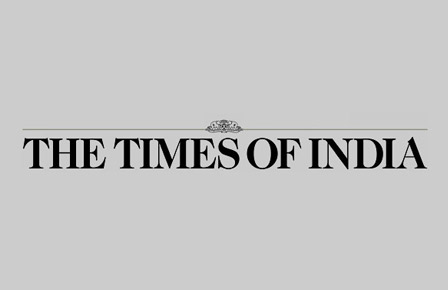The Ministry of Road Transport and Highways has announced an ambitious plan to construct 74 new tunnels across India, covering a total distance of 273 kilometers. Road Minister Nitin Gadkari revealed that this mega project, aimed at bolstering the country’s highway network, is estimated to cost around Rs 1,00,000 crore and will be executed over the next few years.
Gadkari also provided an update on the progress of tunnel construction in the country. He said that the government has already completed 35 tunnels spanning 49 kilometers at a cost of Rs 15,000 crore. Additionally, 69 more tunnels covering a distance of 134 kilometers are currently under construction, with an estimated cost of around Rs 40,000 crore.
The minister emphasized the importance of regular performance audits for all ongoing construction projects to ensure timely completion and adherence to quality standards.
Gadkari emphasized the crucial importance of performance audits in ensuring project efficiency, stating that “performance audit is more important than financial audit”.
During his address at the second edition of the Tunnelling India conference organized by the Federation of Indian Chamber of Commerce and Industry (Ficci) on Tuesday, Gadkari stressed the need for technology upgradation and cost-effective solutions to overcome the unique challenges posed by India’s diverse terrain.
“We need to find out exactly which is the best technology that is cost-effective without compromising on quality,” he said, highlighting the importance of adopting global best practices in infrastructure development.
Gadkari stressed the importance of developing strategies tailored to specific terrains, especially in the challenging Himalayan regions. He called for innovative solutions, such as “precast technology and push-back techniques,” to tackle persistent problems like landslides.
He advocated for a comprehensive assessment of projects from the initial detailed project report (DPR) stage through to implementation. Gadkari contended, “This approach would help achieve perfection in execution, optimal use of technology, and quality assurance while minimising capital investment.”
The minister reiterated his concern about the substandard quality of DPRs in India, asserting that DPR consultants are not following the necessary procedures when constructing highways, roads, and tunnels throughout the nation.

